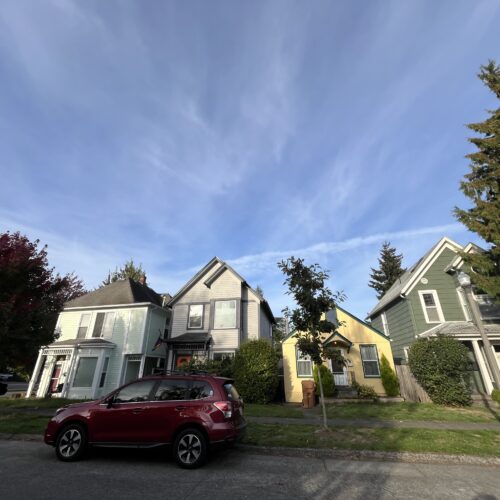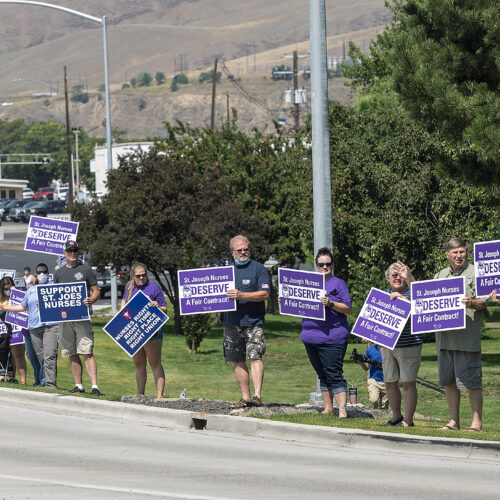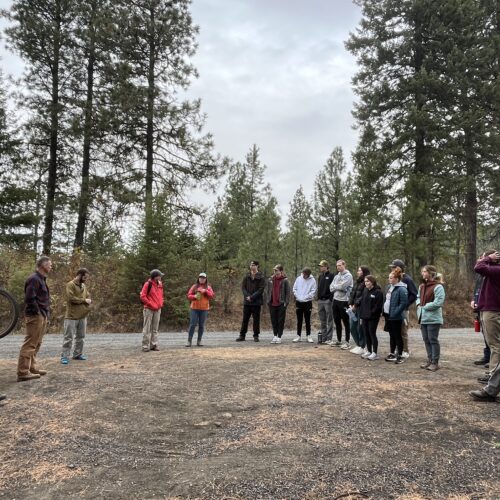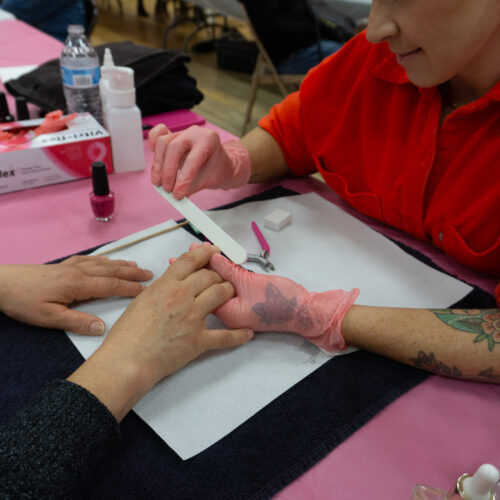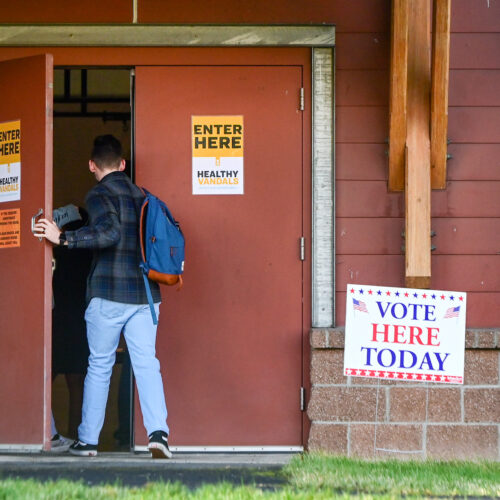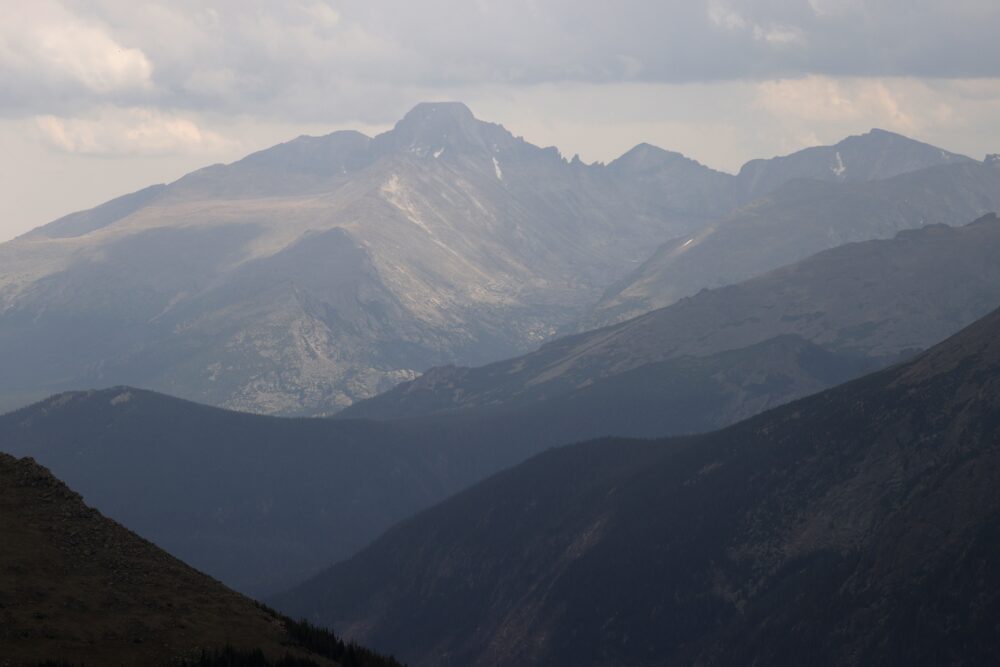
Language Of The Rockies: Linguist Seeks Speaking Patterns In Idaho And Utah
Listen
A new study centers on speaking patterns of the Rocky Mountains. (Runtime :59)
Read
Joey Stanley is researching an area that hasn’t exactly been fertile ground for linguists.
“Areas like Idaho, Montana, and Wyoming haven’t really gotten a lot of studies at all,” says Joey Stanley, an assistant professor in the Department of Linguistics at Brigham Young University.
For his study, he put together a list of 200 words for people to read and say. The words were chosen to draw out pronunciation differences.
Stanley says the linguistics research push in the last 50 years has mostly been to study urban areas, rather than the language patterns of the countryside.
“If you’re in a place like New York, you have no shortage of people to study,” says Stanley. “But if you want to look at speech in rural Idaho, it gets really hard, because it is more resource intensive.”
Stanley is looking for participants. He has developed a study that can be done entirely online, so he’s hoping it will be more accessible. He is looking for people from Idaho, Utah, Montana and Wyoming, and says the study will take about 10 minutes to complete.
Stanley hopes to have results by the end of the summer.
Related Stories:
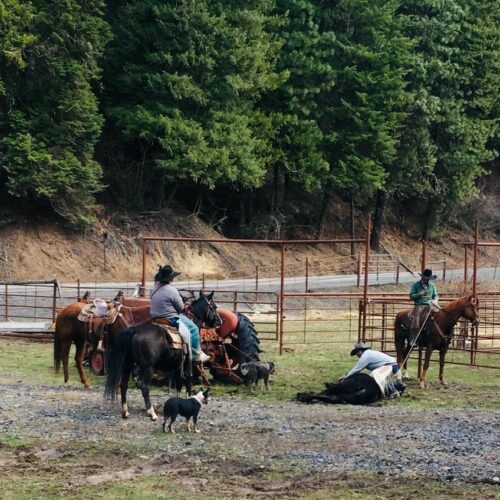
Hearing Set For Clearwater County Animal Abuse Case Of 98 Cattle
A hearing has been set for Douglas
Towles of Orofino after the Clearwater County Sheriff’s Office found
several dead cows and almost 100 head of cattle left uncared for on his
property.
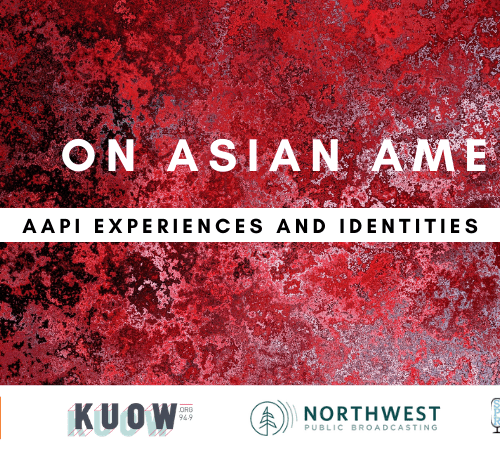
On Asian America: Past And Present Stories Of Living In The Rural Northwest
On Asian America examines the rise in anti-Asian sentiment and it’s history in the Northwest. This episode lookes at historically violent acts against Chinese workers in the rural Northwest from the Hell’s Canyon Massacre to mobs pushing out the Chinese in small towns. You’ll also hear from those of Asian descent who share their experiences living in rural areas and how they are treated. This special is a collaboration with Humanities Washington, KUOW and Spokane Public Radio.
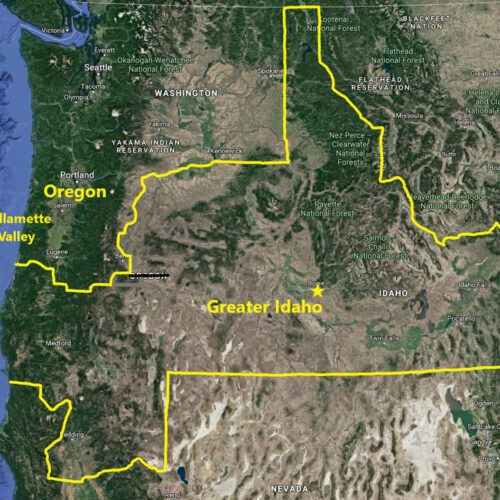
5 More Oregon Counties Vote To Join ‘Greater Idaho,’ But Reality Of Border Shift Happening Is Slim
Five counties voted in favor of leaving Oregon in Tuesday elections, the latest push by a coalition that wants a large chunk of Oregon to join Idaho instead. That border shift is not likely to happen anytime soon.


